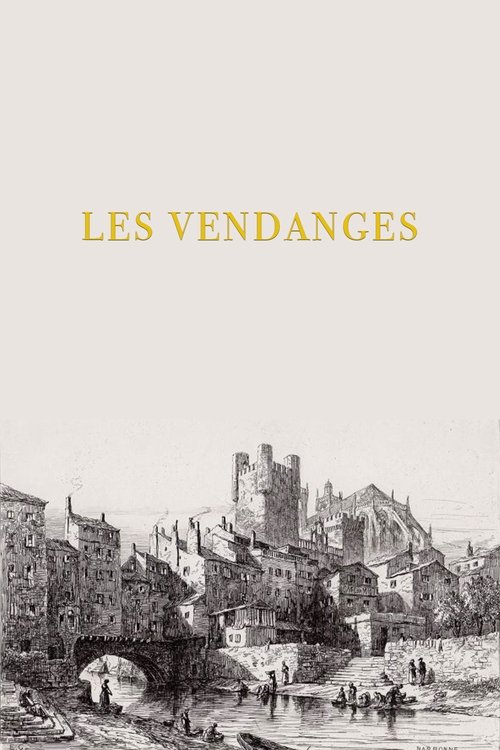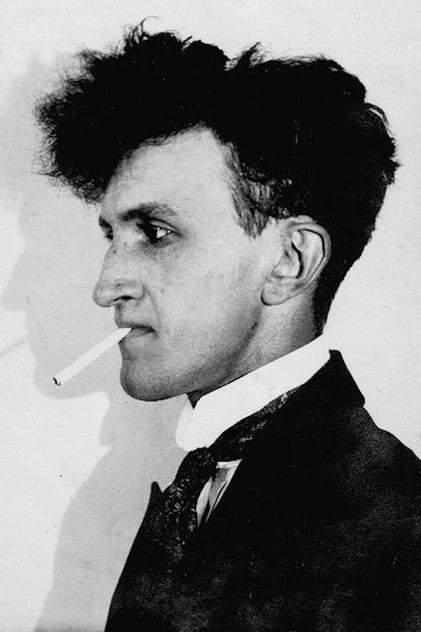
Jean Epstein
Jean Epstein (French: [ɛp.ʃtajn]; 25 March 1897 – 2 April 1953) was a French filmmaker, film theorist, literary critic, and novelist. Although he is remembered today primarily for his adaptation of Edgar Allan Poe's The Fall of the House of Usher, he directed three dozen films and was an influential critic of literature and film from the early 1920s through the late 1940s. He is often associated with French Impressionist Cinema and the concept of photogénie. Epstein was born in Warsaw, Kingdom of Poland (then a part of Russian Empire) to a French-Jewish father and Polish mother. After his father died in 1908, the family relocated to Switzerland, where Epstein remained until beginning medical school at the University of Lyon in France. While in Lyon, Epstein served as a secretary and translator for Auguste Lumière, considered one of the founders of cinema. Epstein started directing his own films in 1922 with Pasteur, followed by L'Auberge rouge and Coeur fidèle (both 1923). Film director Luis Buñuel worked as an assistant director to Epstein on Mauprat (1926) and La Chute de la maison Usher (1928). Epstein's criticism appeared in the early modernist journal L'Esprit Nouveau. During the making of Coeur fidèle Epstein chose to film a simple story of love and violence "to win the confidence of those, still so numerous, who believe that only the lowest melodrama can interest the public", and also in the hope of creating "a melodrama so stripped of all the conventions ordinarily attached to the genre, so sober, so simple, that it might approach the nobility and excellence of tragedy". He wrote the scenario in a single night. Epstein had been much impressed by Abel Gance's recently completed La Roue, and in Coeur fidèle he sought to apply its techniques of rapid and rhythmic editing as well as the innovative use of close-ups and superimpositions of images. These techniques are most apparent during the first half of the film: the opening sequence establishing Marie's situation in the harbour bar through a series of close-ups of her face, her hands, the table and glasses that she is cleaning; the use of images of the sea and the port, either intercut or superimposed, to convey the yearnings of Jean and Marie; and the film's most celebrated sequence at the fairground in which a highly complex series of rhythmically assembled images charts the tension of the relationship between Marie and Petit Paul. The later scenes of the film are relatively conventional in the techniques employed and depend more upon situation and action than upon photography and processing of the images. In the 1920s, Epstein's works would display influences from German Expressionism. Epstein also made several documentaries about Brittany. Chanson d'Armor is known as the first Breton-speaking film in history. His two novels also take place in Breton isles: L'Or des mers in Ouessant and Les Recteurs et la sirène in Sein. Epstein died in 1953 from a cerebral hemorrhage.
- Known ForDirecting
- Born25 March 1897 (age 128)
- Place of BirthWarszawa, Russian Empire [now Poland]
Jean Epstein

- Known ForDirecting
- Born25 March 1897 (age 128)
- Place of BirthWarszawa, Russian Empire [now Poland]

Song of Armorica
2016
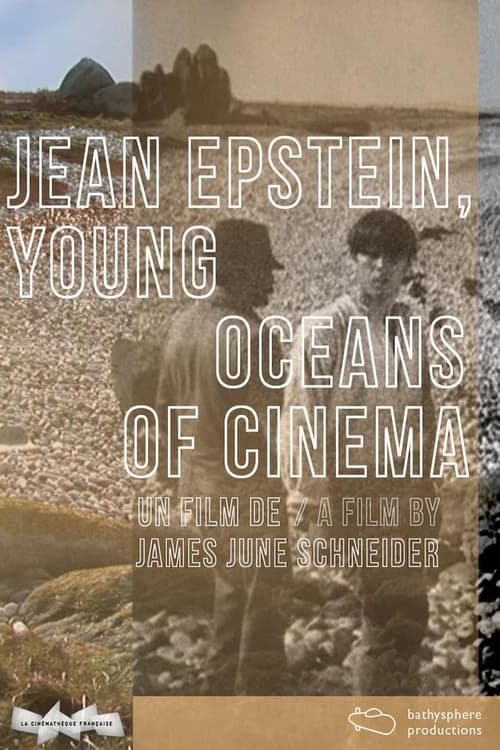
Jean Epstein, Young Oceans of Cinema
2011
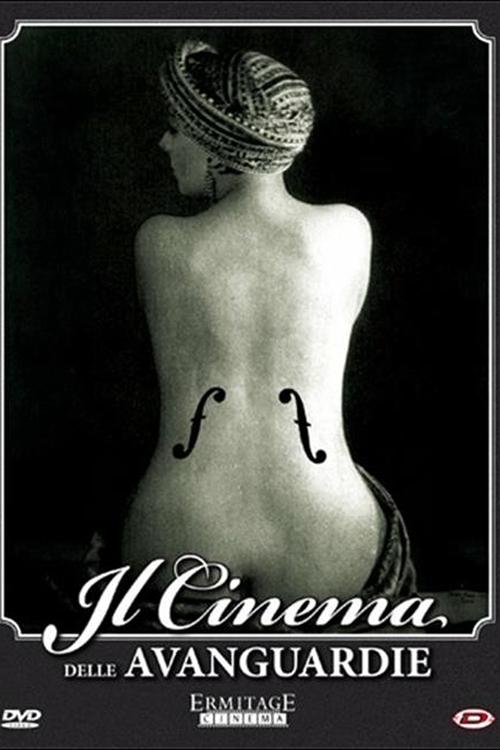
Cinema of the avant-garde 1923 - 1930
2010
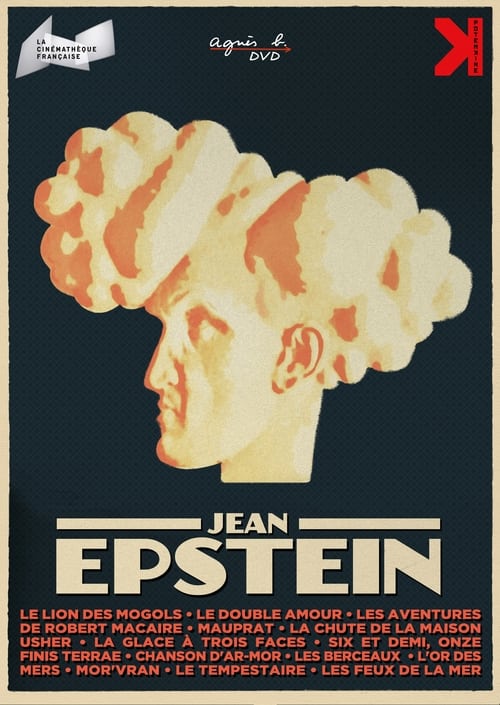
Jean Epstein or Cinema by Itself
1978

Efforts de productivité dans la fonderie
1953

Lights That Never Fail
1948
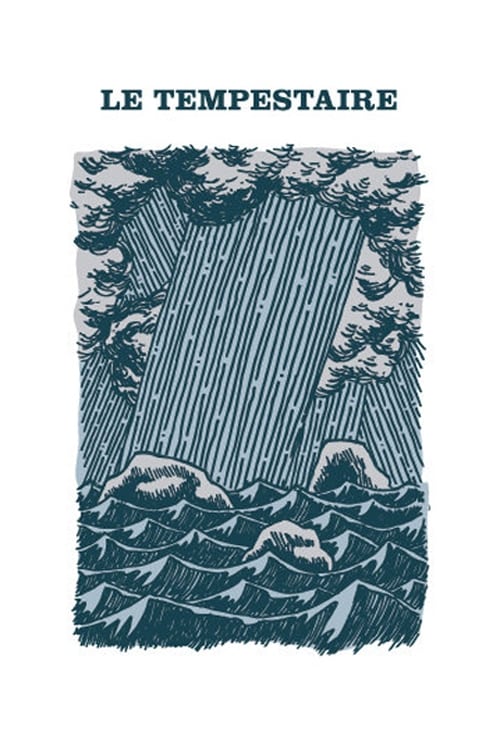
The Storm-Tamer
1947

Artères de France
1939

Eau vive
1938

La relève
1938

The Builders
1938
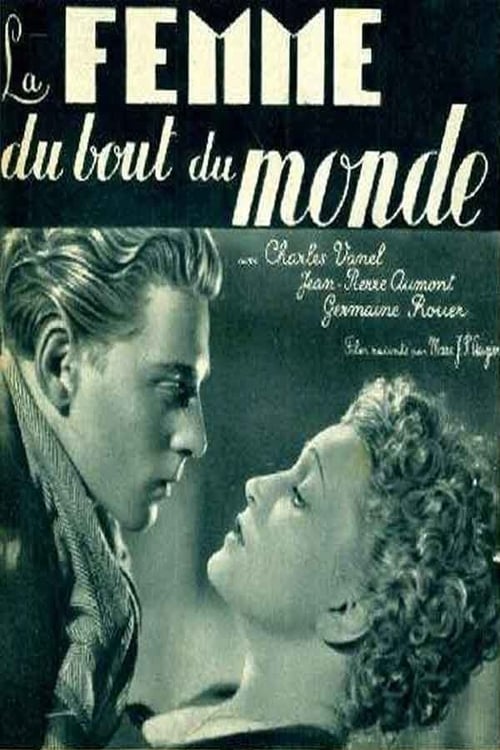
The Woman at the End of the World
1938

Vive la vie
1937

La Bourgogne
1936

Heart of Tramp
1936

La Bretagne
1936
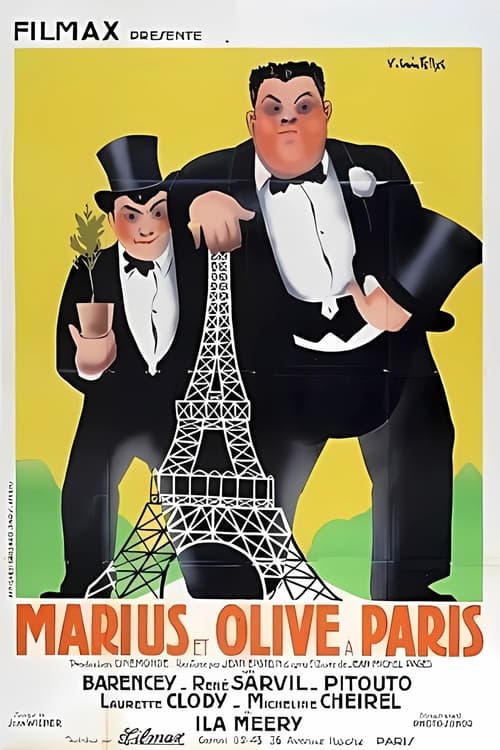
Marius and Olive in Paris
1935

La Vie d'un grand journal
1934

The Lady of Lebanon
1934
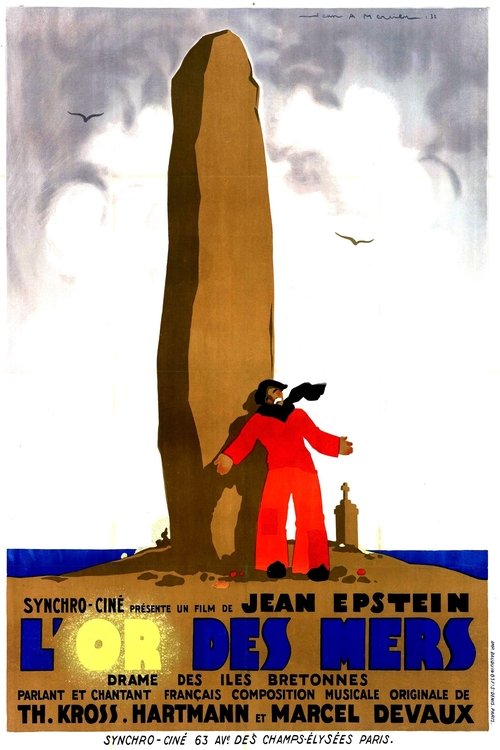
Gold of the Seas
1933
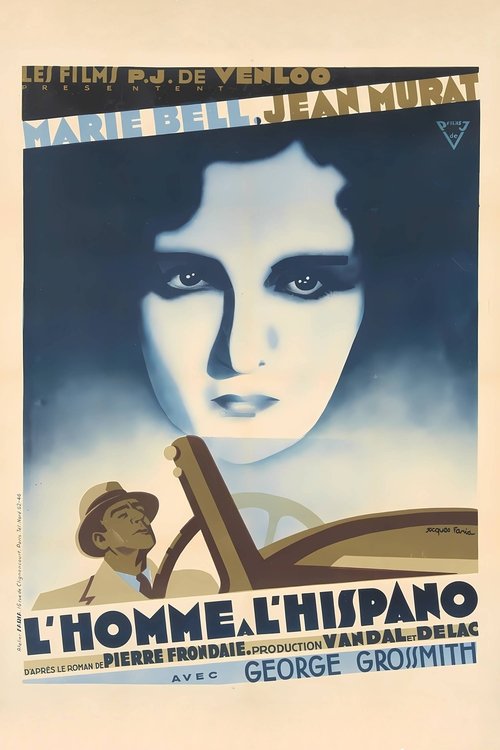
The Man with the Hispano
1933

The Cradles
1932

Le Cor
1932

The Villanelle of Ribbons
1932

La chanson des peupliers
1932

Le vieux chaland
1931

Notre-Dame de Paris
1931

The Sea of Ravens
1930

Le pas de la mule
1930

Finis Terræ
1929
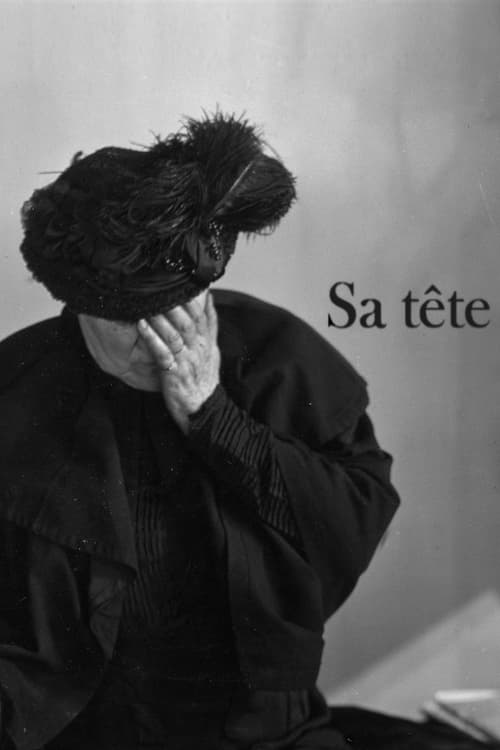
His Head
1929
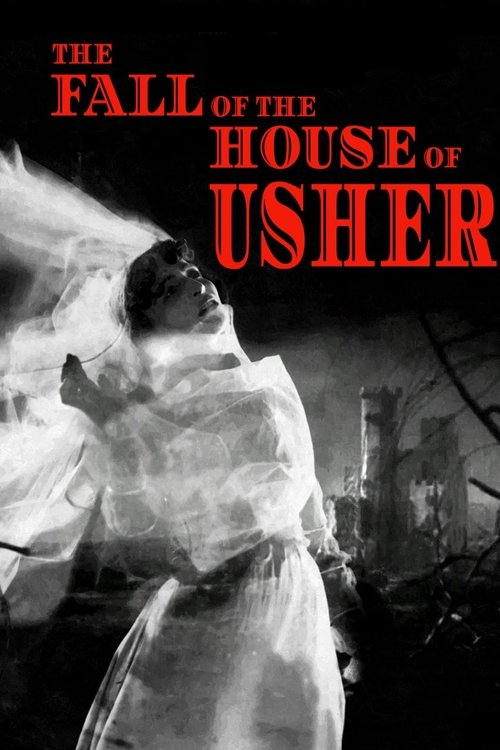
The Fall of the House of Usher
1928
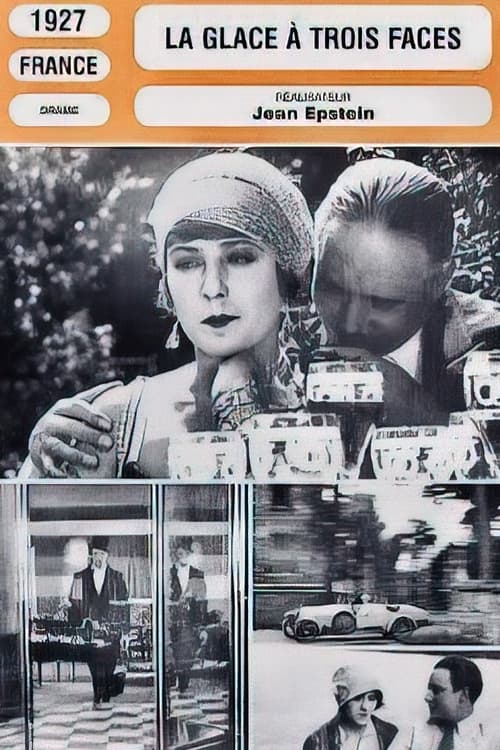
The Three-Sided Mirror
1927
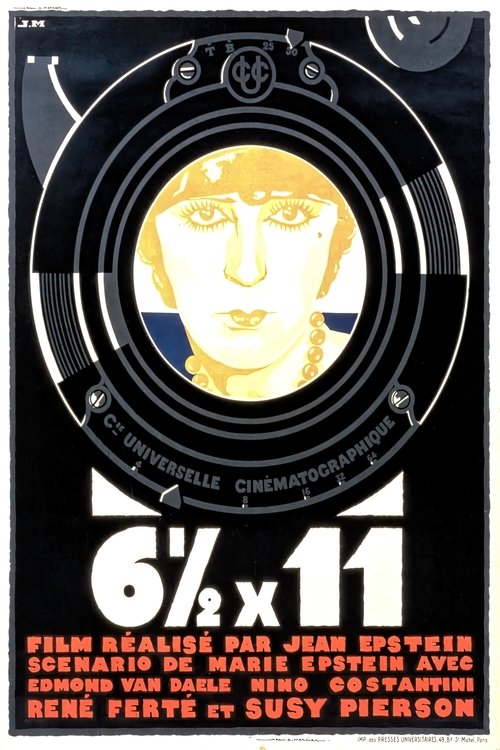
Six and a Half by Eleven
1927
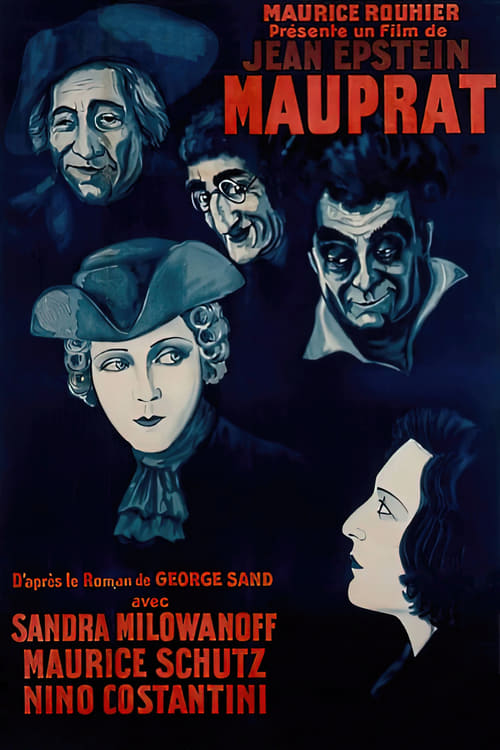
Mauprat
1926

In the Land of George Sand
1926
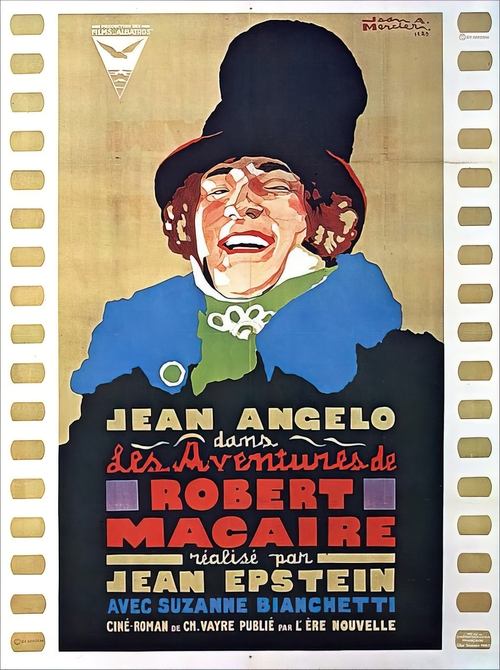
The Adventures of Robert Macaire
1925

Photogenies
1925
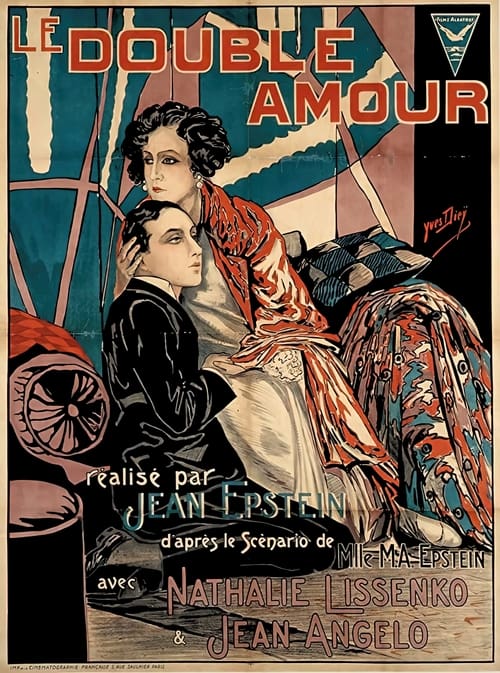
Double Love
1925

The Poster
1925
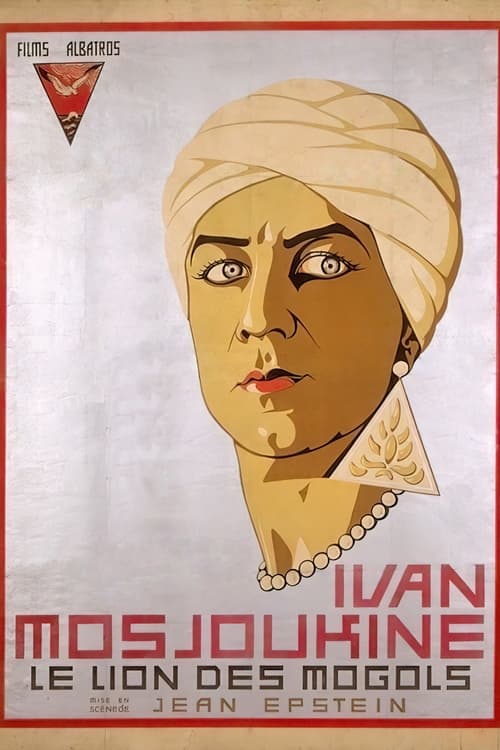
The Lion of the Moguls
1924
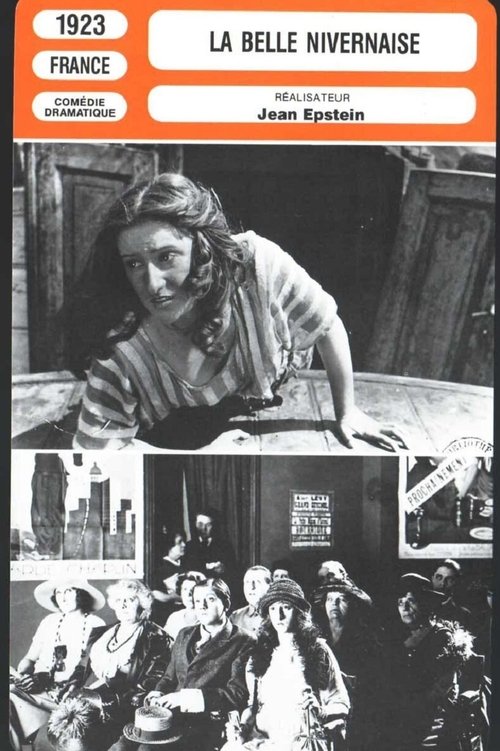
La Belle Nivernaise
1924
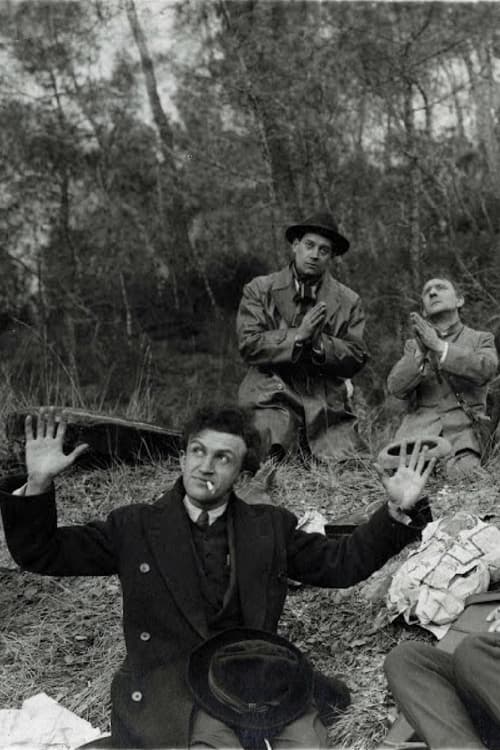
The Drop Of Blood
1924
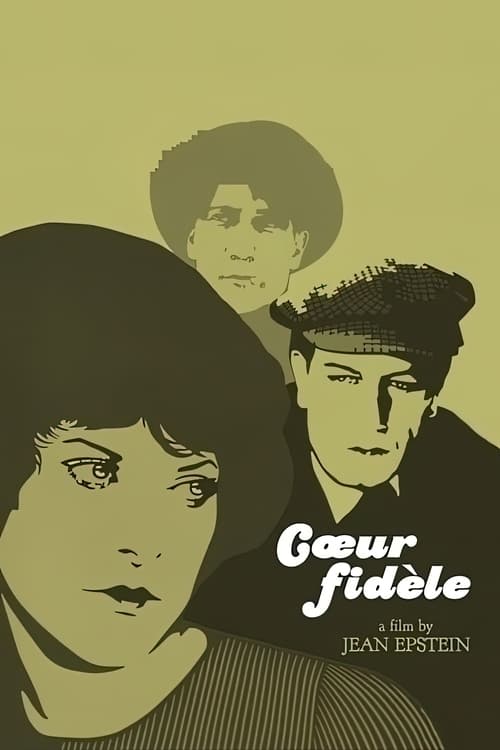
Cœur fidèle
1923
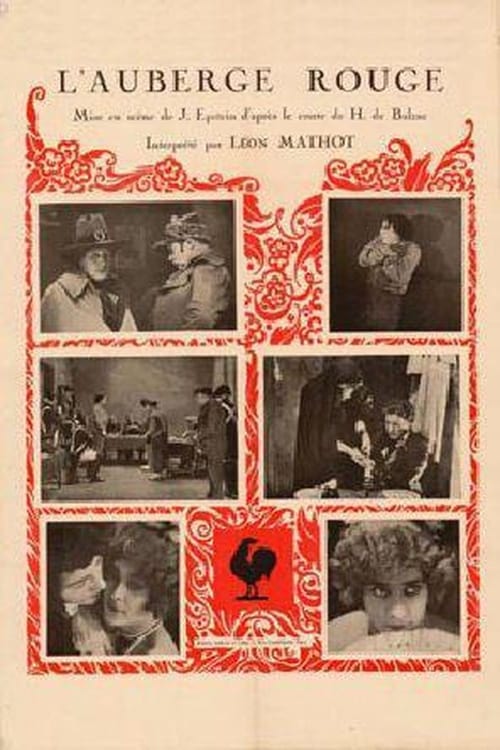
The Red Inn
1923
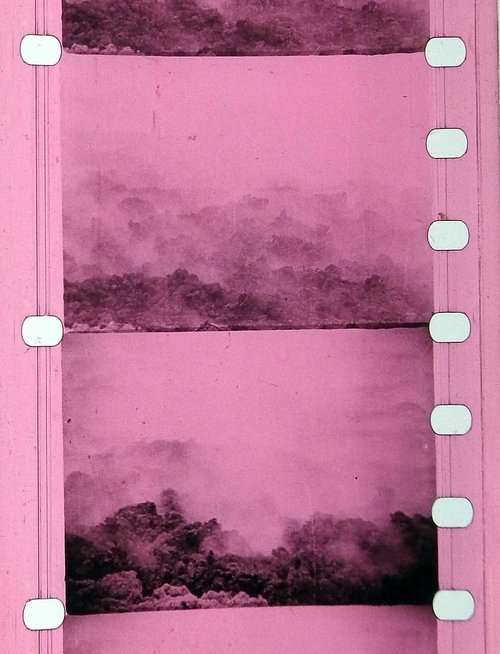
The Infidel Mountain
1923
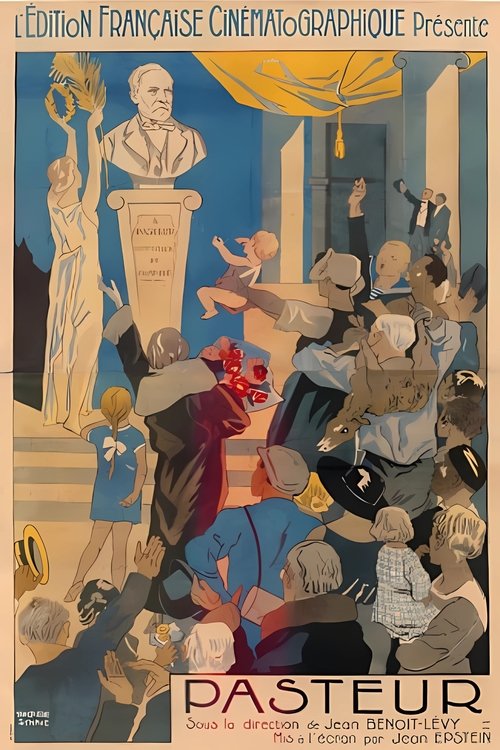
Pasteur
1922
